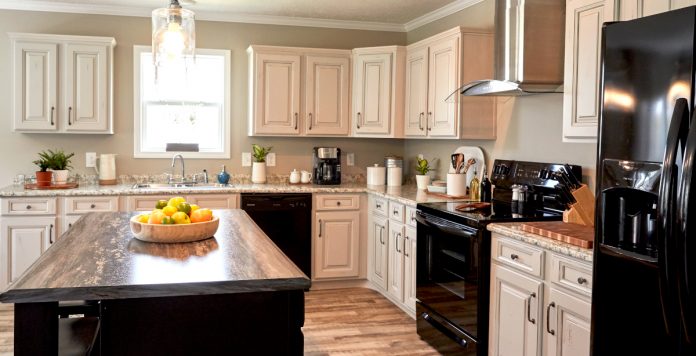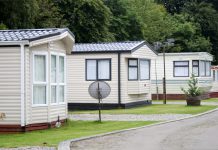As a high quality, lower-cost alternative to site-built homes, manufactured housing could genuinely be the future of housing affordability. The latest generation of factory-built homes can offer everything prospective homebuyers seek in the home they’ve been dreaming of. The big difference is that Fannie Mae research shows they’ll spend $1,000 less per month on a mortgage loan by choosing a manufactured home. We in the housing industry know this well, but unfortunately, homebuyers do not. Well, at least not yet.
To Change the Market, We Need to Change the Story
Right here in MHInsider, we’ve seen the resurgence of manufactured housing, with an almost 50% increase in new home shipments over the past five years. But Fannie Mae’s research shows that factory-built homes still have low awareness among younger homebuyers. In fact, less than half of the Millennial and Gen Z homebuying audience is aware of manufactured housing as a suitable option for their budget without compromising their desired amenities and aesthetics.
The awareness problem is compounded by the lingering stigma around manufactured homes, primarily their association with “trailers” and “mobile homes”. These beliefs are largely based on how many structures were built before the HUD Code, and unfortunately, the misperceptions haven’t gone away. In fact, many younger homebuyers consider manufactured housing to be lower quality than site-built options. And less than a fourth of Millennials and Gen Z homebuyers on the hunt are currently considering manufactured housing as an option.
Younger homebuyers, especially first-time buyers, are the exact consumers for which many manufactured homes are built. If we want to move the market forward, we need to change their mindset.
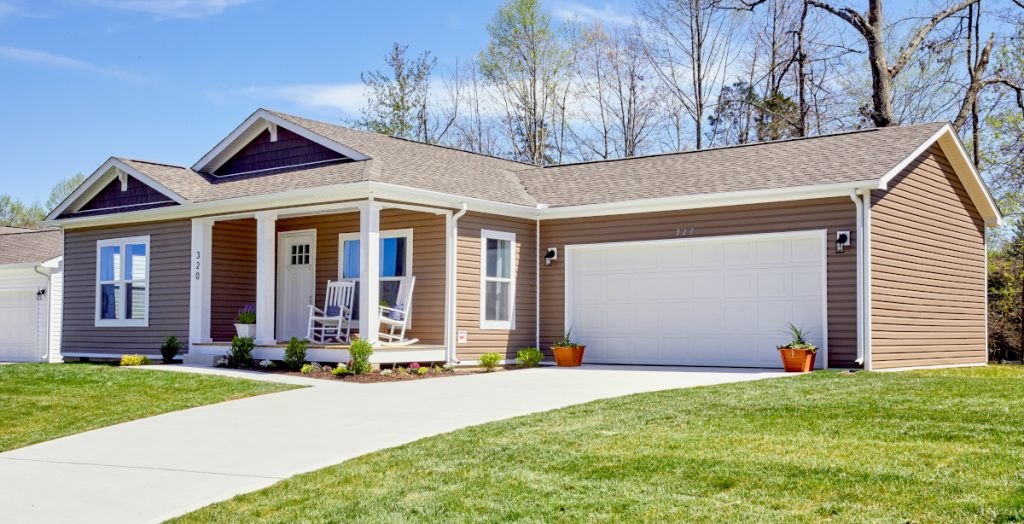
When It Comes to Housing, Buyers Need to See the Possibilities
We in the industry all understand that manufactured housing is not just affordable. Today’s factory-built homes are constructed of quality materials and to design specifications meeting or exceeding that of site-built homes. Once sited, newly constructed HUD Code manufactured homes often can be indistinguishable from traditional homes on the same street. Low profile foundations, high-pitched roofs, front porches, driveways, and garages or carports are just a few of the attractive design features that can be found in today’s manufactured homes.
When it comes to selling more manufactured homes to these audiences, it’s important to show and not just tell. Fannie Mae research indicates that interest in factory-built homes increases by 31% when prospective buyers are shown pictures of the amenities and design choices available both inside and outside of today’s manufactured homes. In a recent Fannie Mae focus group, photos were shared of modern factory-built homes. We heard things like: “seeing them completely dispelled any notions I had about them,” and “this pre-fab — I’m down for”.
Much more than price point, we believe images and videos have the power to positively change the perceptions that respondents previously held of factory-built homes. In fact, retailers who have started using virtual tours as a marketing tool have seen an increase in web traffic, with site visitors staying longer and looking more. If you’re not already showing your potential customers what’s possible with new manufactured homes, you might be missing out. Showing your audience something is more telling than words can ever be.
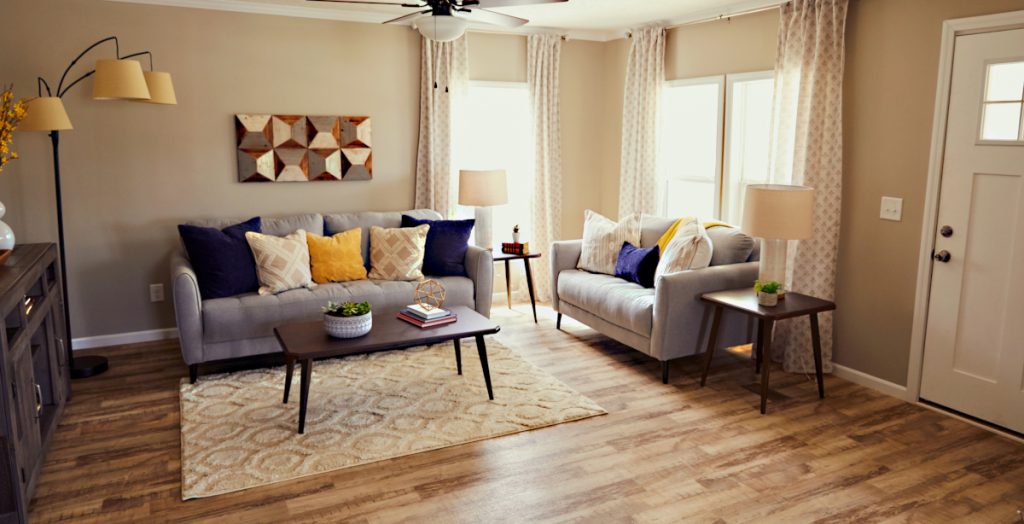
There’s More to Perception Than Meets the Eye
While you can make manufactured homes more affordable and more beautiful, you alo have to make them more accessible. With new loan products such as Fannie Mae’s MH Advantage®, manufactured homes are available with as little as 3% down on a land-home, 30-year mortgage. And by educating and supporting our mortgage lenders through strategic initiatives as part of the Duty to Serve plan, Fannie Mae is working to promote conventional mortgage financing for manufactured homes across the country. FHFA research has concluded that manufactured homes purchased using conventional mortgages tend to appreciate similarly to site-built homes.
Generating awareness about manufactured housing and the loan options that make it accessible is essential for reaching more future homebuyers. According to MetroStudy, many Millennials are looking to buy a home in the next one to three years. So, if we want to show them what’s possible with manufactured housing, with mortgage rates at or near historic lows, the time is now.
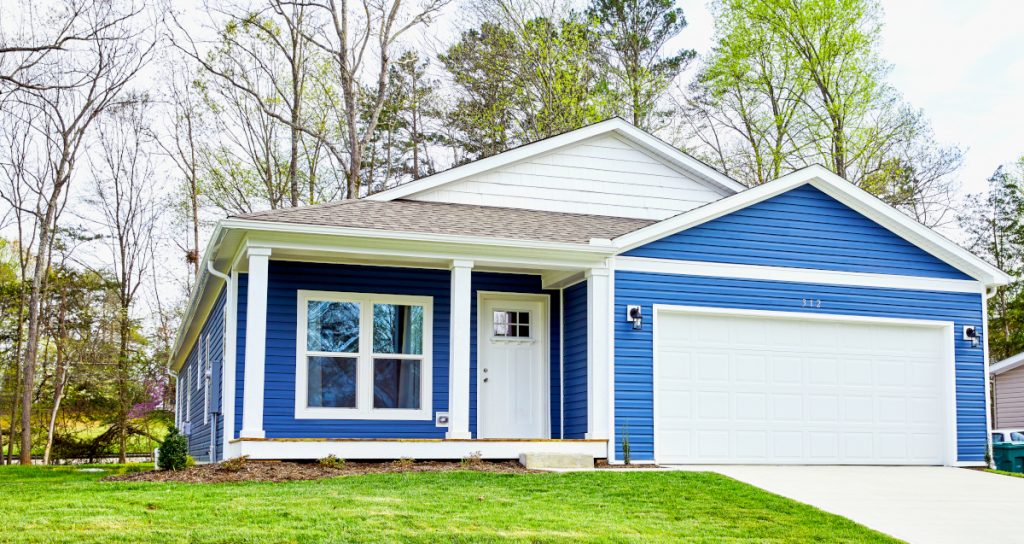
The Research is Clear – Manufactured Homes More Than Ever Could Be the Future of Housing Affordability
Prospective homebuyers need to see to believe. They need to be shown, especially first-hand, that their perceptions of manufactured housing are no longer true. They need to be shown that the home features they’ve been dreaming of may be found where they least expected to find it. And last but not least, they need to be shown that now, it’s more within their reach than ever before.
When we show how beautiful and affordable manufactured homes can be, together, we can create home-buying opportunities for younger homebuyers that they never thought possible.

